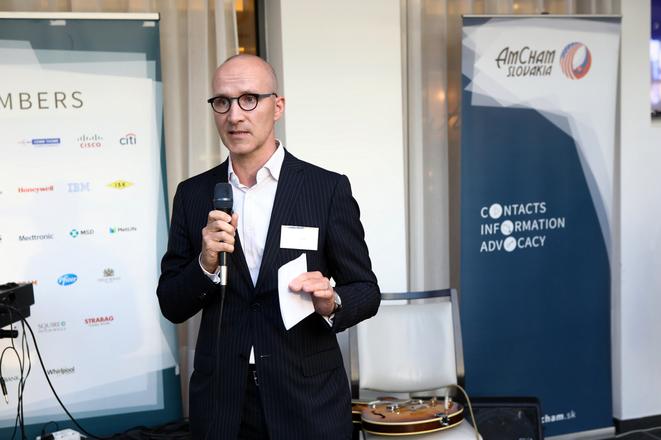The world more than a decade after the 2008 financial crisis is facing a new rising wave of populism, protectionism and big technology disruptions, causing a challenge to the liberal international order, established businesses, their business models and supply chains.
In parallel, global problems such as increasing economic inequality, stagnating wages for a large part of the population, climate change, mass migration plus refugee crises and security threats, demand that international institutions, politicians, NGOs and private companies work together to bring tangible solutions. Alas, many established institutions are losing their authority.


 Ronald Blaško (source: Courtesy of AmCham)
Ronald Blaško (source: Courtesy of AmCham)